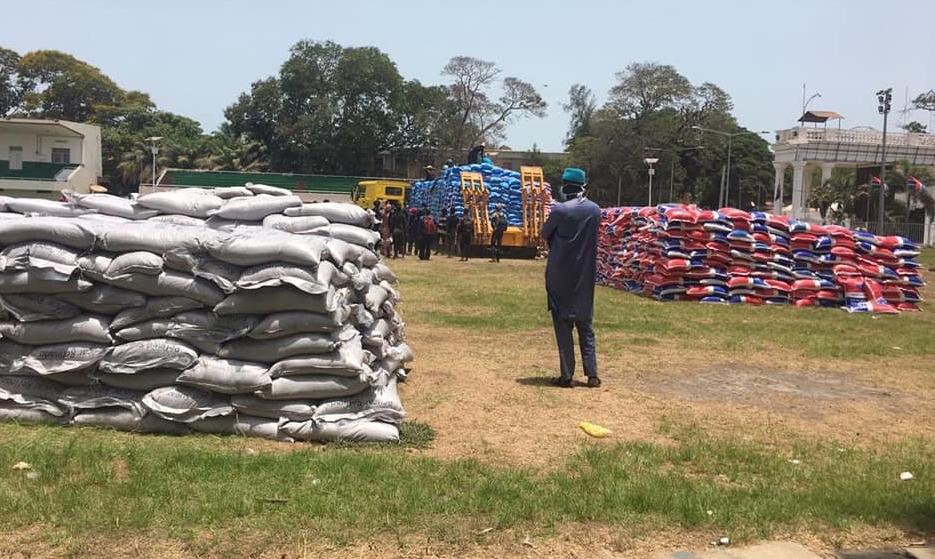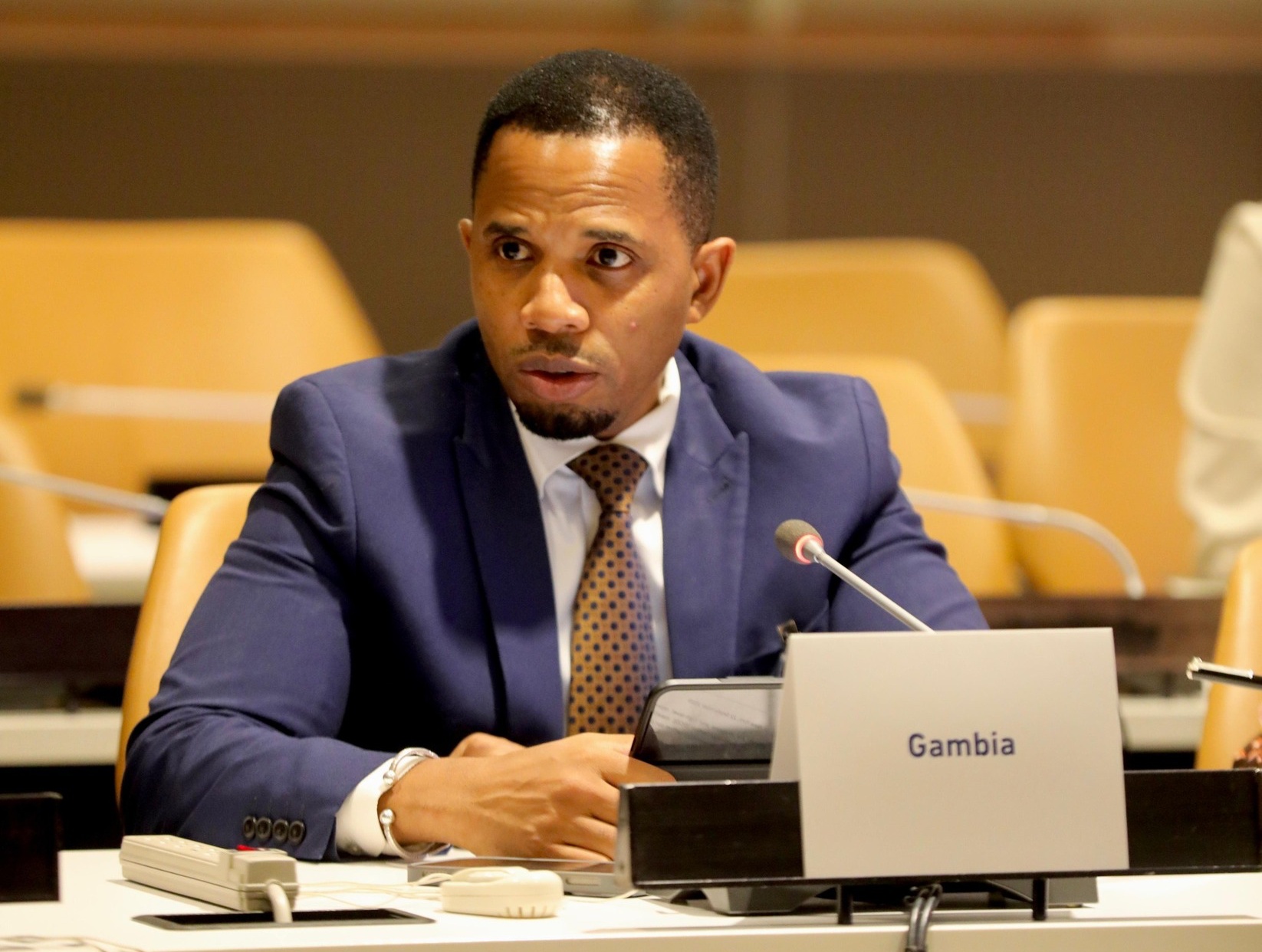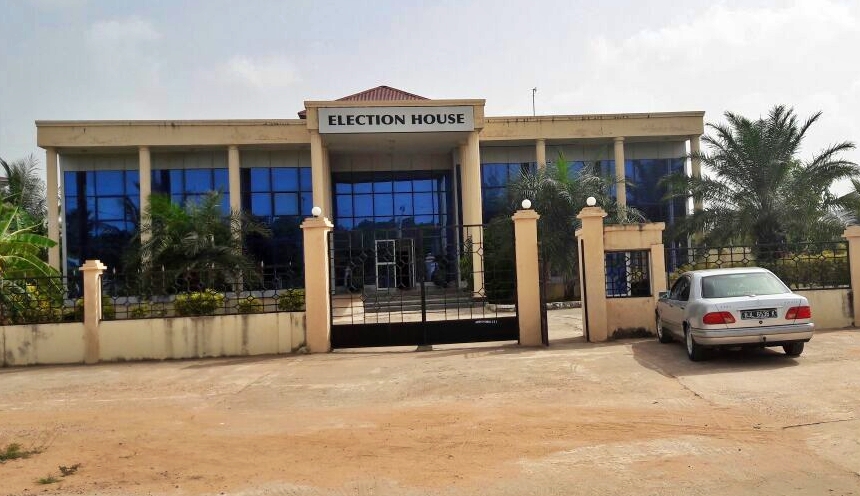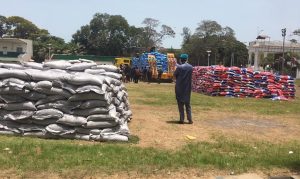Gambiaj.com – (BANJUL) – The Gambia’s economy demonstrated remarkable resilience in 2023, with real GDP growing by 5.3% despite a challenging global environment, according to The Gambia’s Fourth Economic Update – Spring 2024 released by the World Bank. This growth signals a continued recovery from the COVID-19 pandemic and ongoing external pressures.
“We are pleased to see The Gambia’s economic activity improve,” said Feyi Boroffice, World Bank Resident Representative. “Improved agricultural production, increased public consumption, and both private and public investment drove this positive growth. However, challenges such as higher inflation, monetary tightening, and economic slowdowns in advanced economies disrupted the tertiary sectors and slowed private consumption, tempering the country’s overall performance.”
Inflation surged throughout 2023, reaching its highest levels in decades primarily due to global commodity price hikes. In response, the Central Bank of The Gambia tightened monetary policy, raising the policy rate to 17% in December 2023 from 13% a year earlier.
Looking ahead, the economic outlook for The Gambia remains favorable, with GDP projected to grow by 5.6% over the period of 2024-2026. This growth will be driven by increased economic activity across all sectors and will rely on a sustained commitment to macro-fiscal stability. However, prolonged regional and global geopolitical tensions, debt vulnerabilities, reemerging forex pressures, extreme weather events, fiscal slippage, and continued financial tightening pose downside risks to the country’s economic prospects.
Historically, the pace of economic growth in The Gambia has been declining and volatile due to factors such as droughts, economic mismanagement, weak governance, poor infrastructure, and other structural constraints, leading to negative long-term productivity growth.
Since its democratic transition in 2017, The Gambia has recorded resilient growth and positive productivity improvements, thanks to relative enhancements in macroeconomic and fiscal management and stability. However, poverty and inequality remain high, with significant disparities in access to essential services. The labor market is characterized by underutilization, low labor force participation, high informal employment, and large gender disparities. Despite increased productivity following the country’s democratic transition, The Gambia’s economy still suffers from a lack of structural change, highlighting the need for measures to foster inclusive growth.
“The Gambia’s economic recovery is encouraging, but there is a need to address structural constraints hampering faster growth,” emphasized Ephrem Niyongabo, World Bank Economist for The Gambia and author of the report. “It is crucial for the government to implement policies that enhance transformative structural changes needed to sustain productivity and support the country’s inclusive economic growth agenda.”
The World Bank remains committed to supporting The Gambia in its efforts to strengthen the economy, reduce poverty, and achieve sustainable and inclusive growth.










